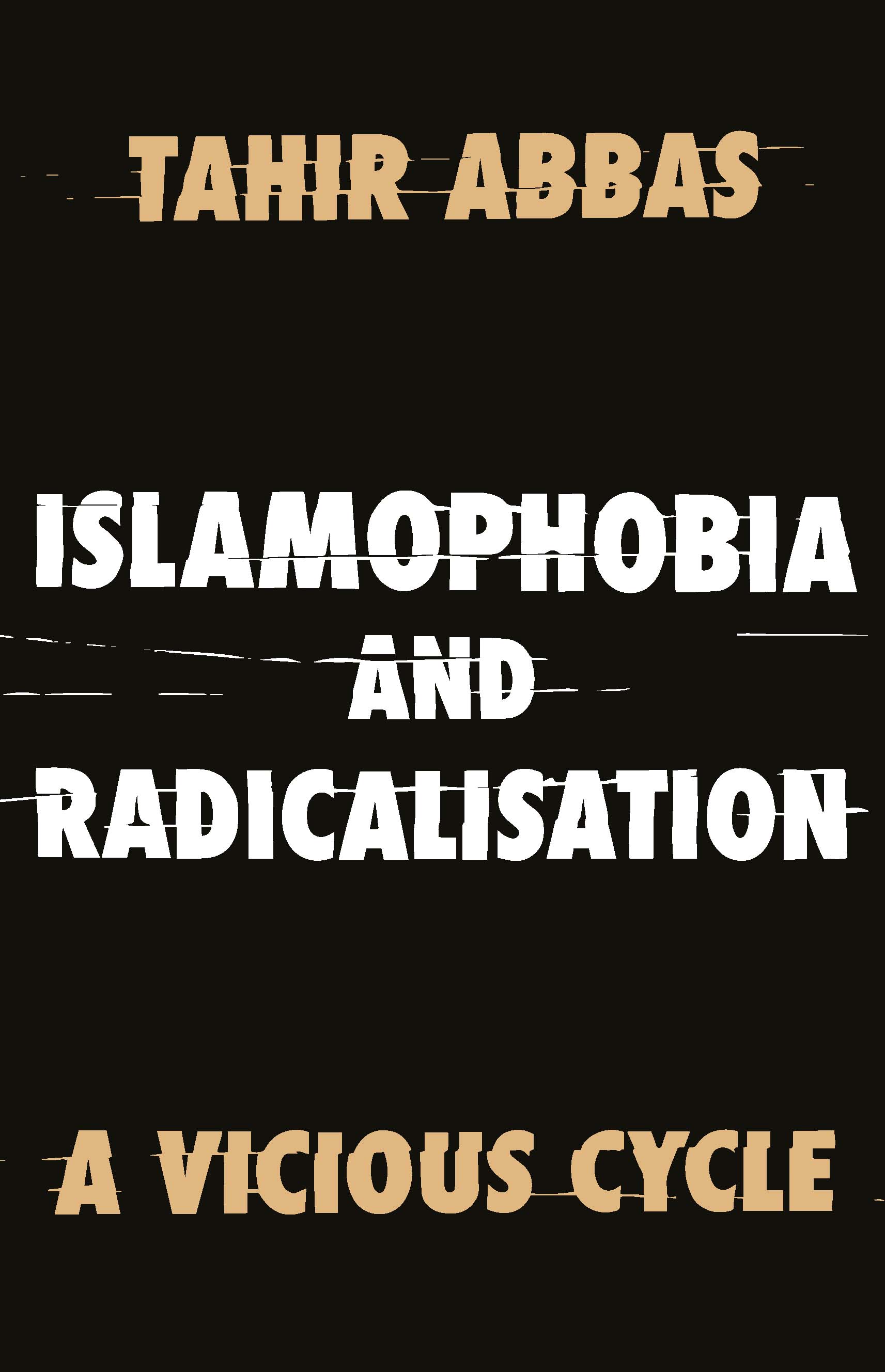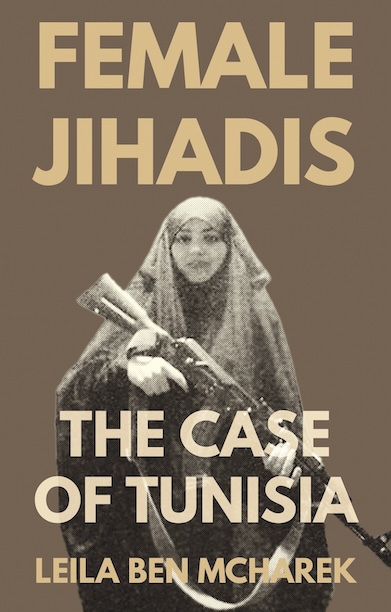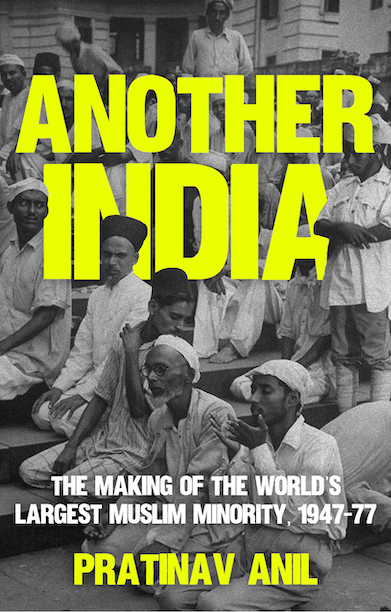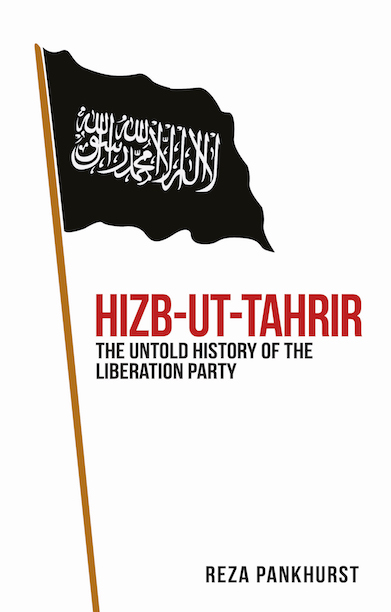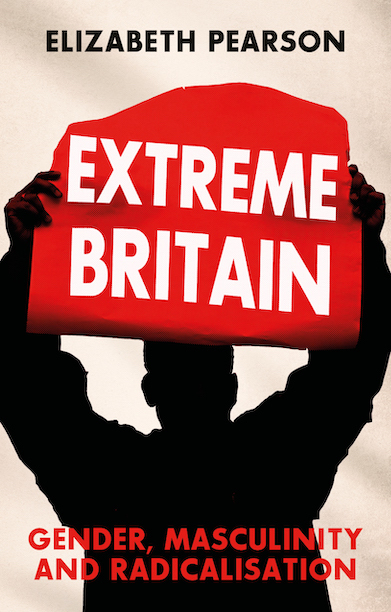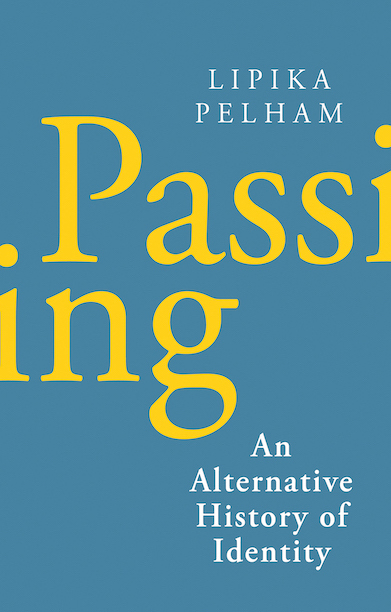Islamophobia and Radicalisation
A Vicious Cycle
A measured yet theoretically innovative exploration of how Islamophobia and radicalisation intersect and reinforce each other.
Description
Since the 1970s, there have been three challenges to traditional, homogeneous ‘national’ identities across the Western world: political and socioeconomic inequality; neoliberal globalisation; and more diverse, multicultural societies. As in the US and elsewhere in Western Europe, the decline of an old, masculinised national identity has now begun to open a new, dark era for Britain.
Ever since the ‘war on terror’ was added to the mix, ‘others’ in Britain have been brutally demonised. Muslims, routinely presented as the source of society’s ills, are subjected to both symbolic and actual violence. Deep-seated and structurally racialised norms amplify the isolation and alienation impeding Muslim integration. Both these ‘left-behind’ Muslims and white-British groups who perceive themselves as the true nation are under pressure from ongoing geopolitical concerns in the Muslim world, as well as widening divisions at home.
Tahir Abbas argues that, in this context, the symbiotic intersections between Islamophobia and radicalisation intensify and expand. His book is a warning of the world that results: a rise in hate crime, the institutionalisation of Islamophobia, and the normalisation of war and conflict.
Reviews
‘[Abbas’s] carefully documented book includes an analysis of different kinds of Islamophobia, as well as a qualified defence of multiculturalist policies.’ — Times Literary Supplement
‘Islamophobia and Radicalisation: A Vicious Cycle is a comprehensive and well-documented text, which sets high standards for future scholars working on Muslims and the rise of anti-Muslim hatred in societies with white majority cultures. [The book] is data dense and meticulously researched … and, often, challenging with its multifaceted and intellectually provocative scrutiny of the relationship between Islamophobia and radicalisation.’ — Postcolonial Studies
‘[Islamophobia and Radicalisation] is an excellent and timely book.’ — Ethnic and Racial Studies
‘An important contribution … [this book is] a useful resource to deepen discussion on the intersections of race, religion, culture and gender in the study of Islamophobia and radicalisation more broadly.’ — Journal of Intercultural Studies
‘This book offers thorough insights into the concept of Islamophobia and the radicalisation of some Muslims in Europe and the UK. It is an antidote to crude stereotyping of all Muslims, and explores the fears of whole populations in the modern world.’ — Sally Tomlinson, Honorary Fellow, University of Oxford, and author of Education and Race from Empire to Brexit
‘Tahir Abbas’s study has the singular merit of demonstrating that Islamophobia and radicalisation are mirror images of each other, where Islamophobia—produced by historical discrimination and socio-economic marginalisation—rather than Islam has been the driving force.’ — George Joffé, Research Associate, London Middle East Institute, SOAS University of London
‘Abbas has brilliantly provided a timely and incisive analysis that examines the symbiotic relationship between Islamophobia and radicalisation within the historical, political, and cultural contours shaping contemporary geo-politics. This is required reading for our fraught political times.’ — Jasmin Zine, Professor of Sociology and Muslim Studies, Wilfrid Laurier University
Author(s)
Tahir Abbas is Assistant Professor at the Institute of Security and Global Affairs at Leiden University in The Hague and Visiting Senior Fellow at the Department of Government at the LSE. He is the author of The Education of British South Asians; Islamic Radicalism and Multicultural Politics; and Contemporary Turkey in Conflict.
